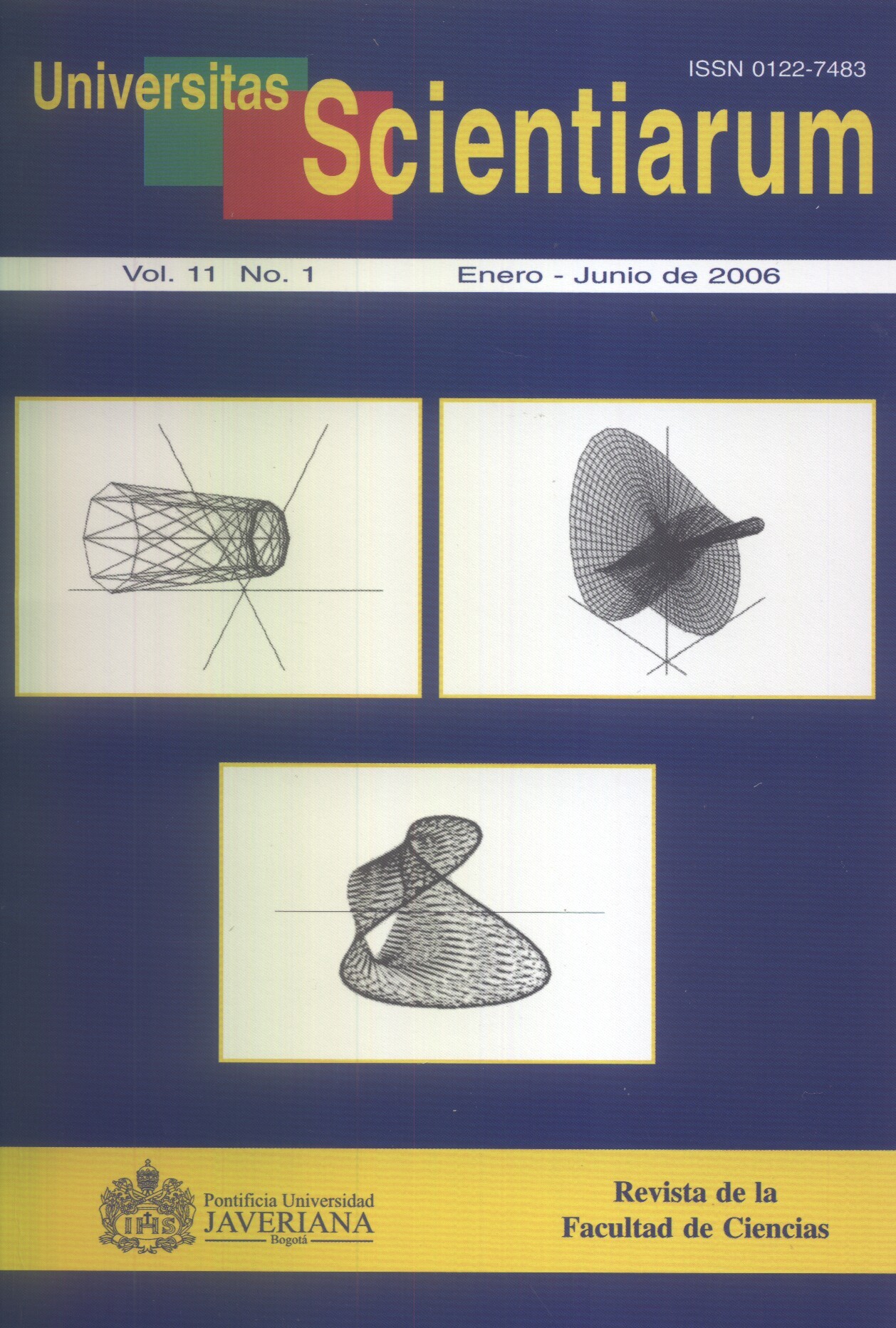Abstract
Se estandarizó una técnica de recuperación de poli-3-hidroxihexanoato-co-hidroxioctanoato a partir de P. putida. El método emplea dispersiones de hipoclorito de sodio-cloroformo para la digestión del material celular y solubilización del polímero, respectivamente. Se evaluó el efecto de la concentración de hipoclorito, la temperatura y el tiempo sobre el porcentaje de recuperación, pureza, peso molecular y temperatura de fusión. Las mejores condiciones para recuperar este polímero fueron: hipoclorito al 5.25% (p/v) a 60°C durante 1 hora. Empleando estas condiciones fue posible mantener el peso molecular por encima del 87% con respecto al obtenido mediante extracción con cloroformo. La temperatura de fusión del polímero fue 57.7°C y 56.4°C para dos muestras al azar. La pureza del material recuperado esde 96%.Univ. Sci. is registered under a Creative Commons Attribution 4.0 International Public License. Thus, this work may be reproduced, distributed, and publicly shared in digital format, as long as the names of the authors and Pontificia Universidad Javeriana are acknowledged. Others are allowed to quote, adapt, transform, auto-archive, republish, and create based on this material, for any purpose (even commercial ones), provided the authorship is duly acknowledged, a link to the original work is provided, and it is specified if changes have been made. Pontificia Universidad Javeriana does not hold the rights of published works and the authors are solely responsible for the contents of their works; they keep the moral, intellectual, privacy, and publicity rights. Approving the intervention of the work (review, copy-editing, translation, layout) and the following outreach, are granted through an use license and not through an assignment of rights. This means the journal and Pontificia Universidad Javeriana cannot be held responsible for any ethical malpractice by the authors. As a consequence of the protection granted by the use license, the journal is not required to publish recantations or modify information already published, unless the errata stems from the editorial management process. Publishing contents in this journal does not generate royalties for contributors.



